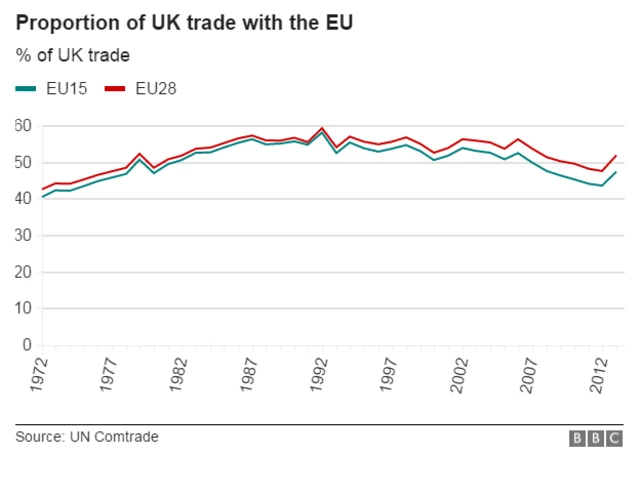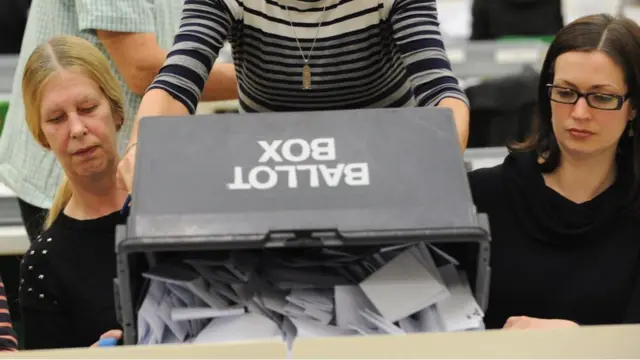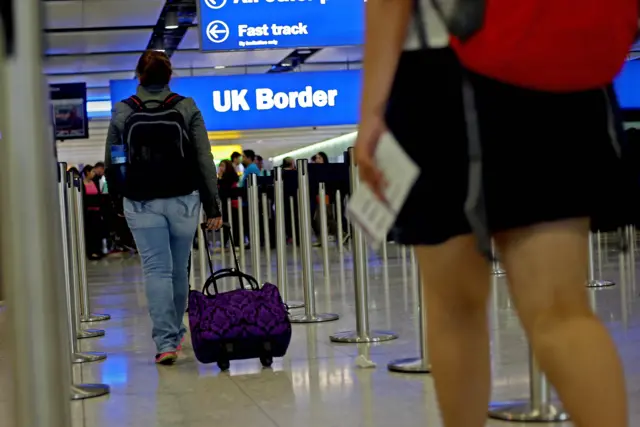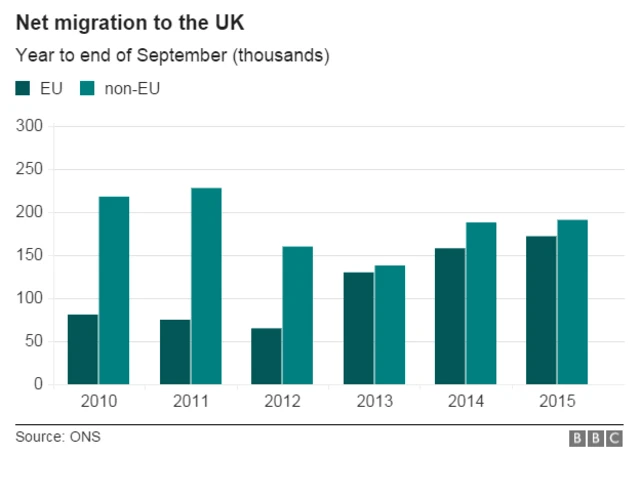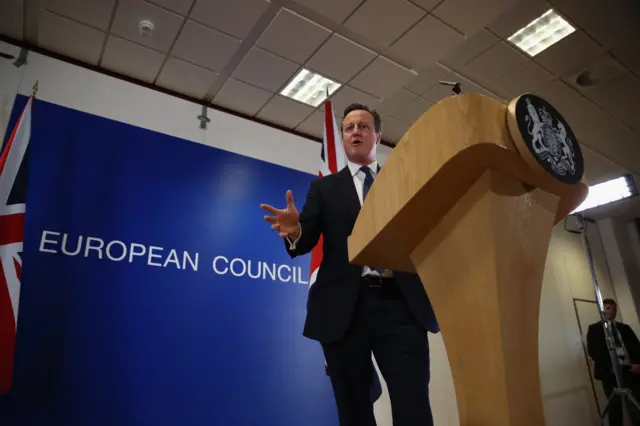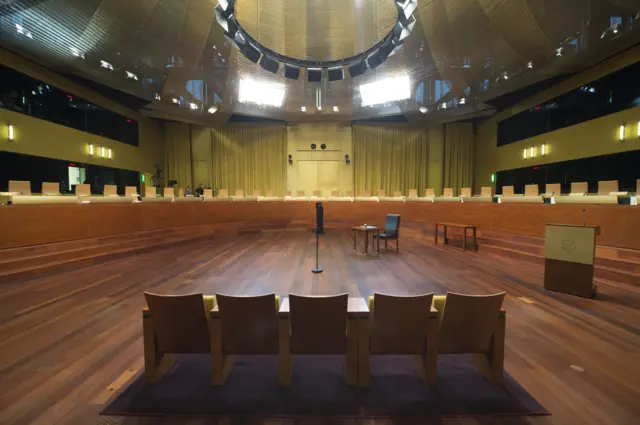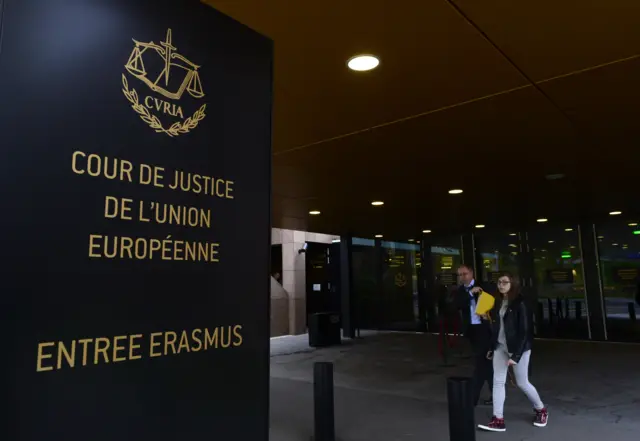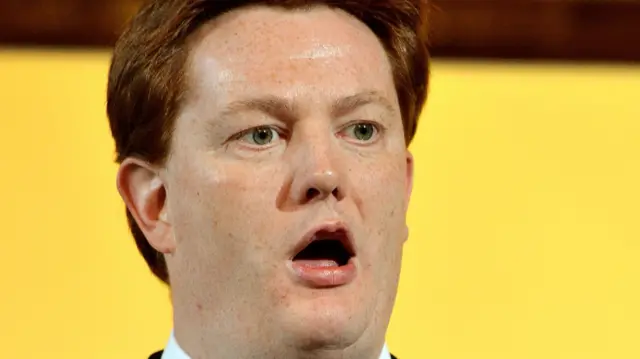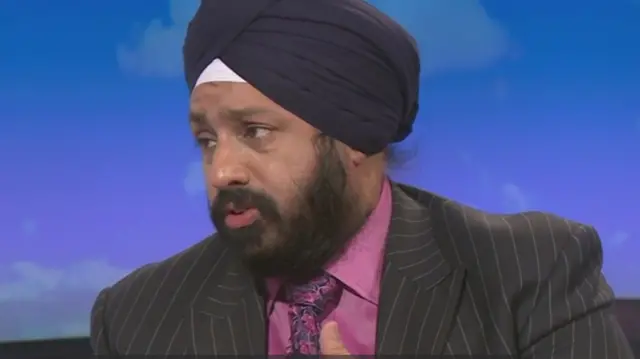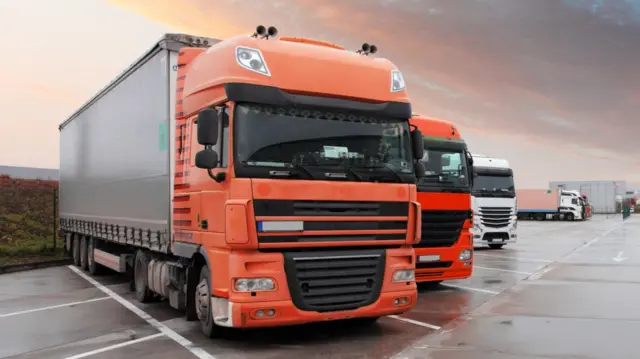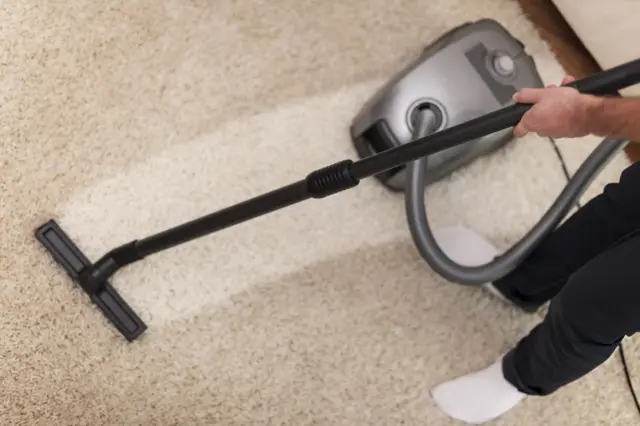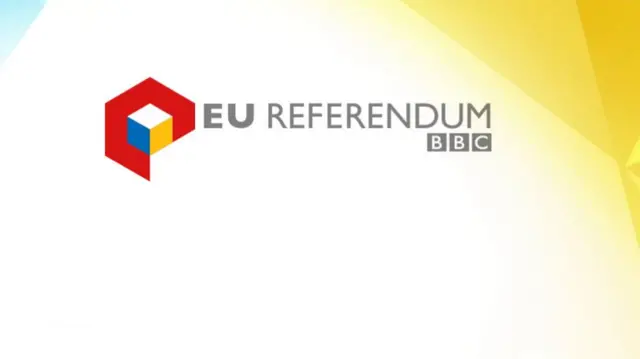More on UK trade with the EUpublished at 15:20 GMT 1 March 2016
By Anthony Reuben
 Reality Check
Reality Check
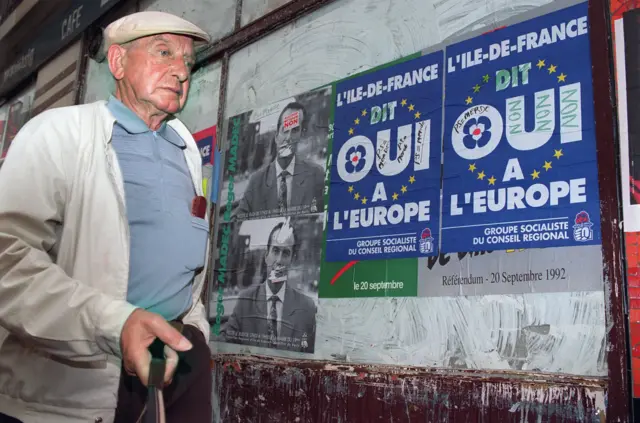 Image source, AFP
Image source, AFPMichael Gove is not the only one claiming that UK trade with the EU has fallen.
The wealthy investor and Leave campaigner Jim Mellon told Radio 4's Today programme last Tuesday: "Our trade with Europe is now about 43% of our exports. At the time we joined in the seventies it was about 75% with a lesser number of countries."
I really can't find any way of reaching that 75% figure. In 1972, even our trade with the 28 countries that now make up the EU only amounted to 42% of UK exports, according to figures taken from the UN Comtrade database, external.
Interestingly, the peak in the importance of EU trade to the UK appears to have been in 1992, the year when the Maastricht Treaty was signed, leading to the creation of the European Union.
